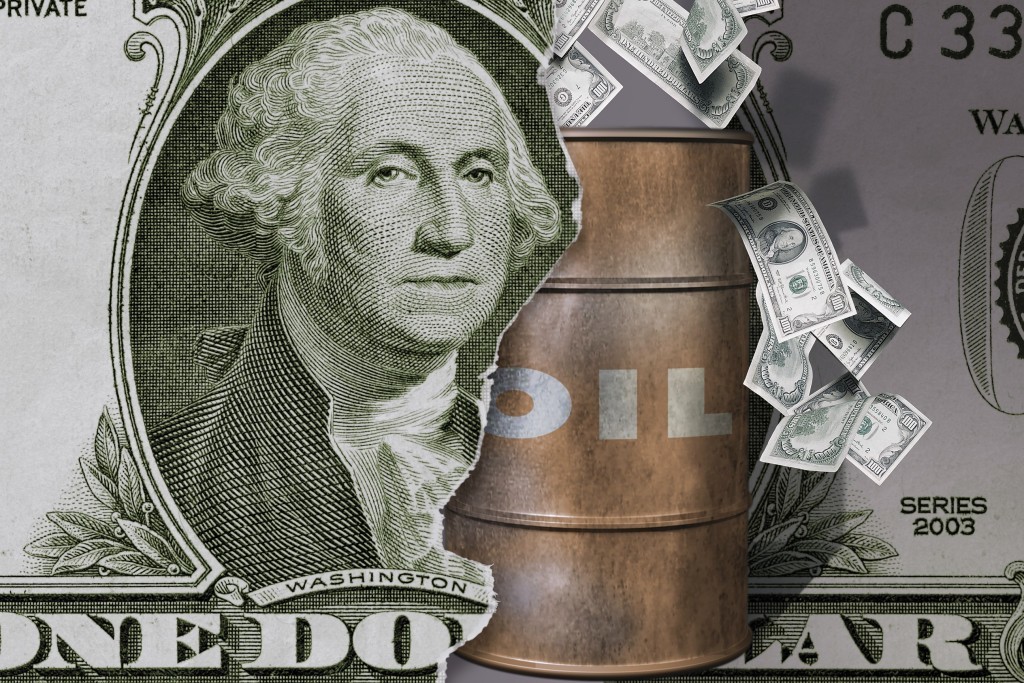
Oil extended declines after the biggest loss in three weeks before weekly U.S. crude inventory data and as the market awaits comment from the Nigerian government on a proposal by militants to end hostilities.
October futures fell as much as 1.7 percent in New York after declining the first time in eight days on Monday. Crude stockpiles probably dropped by 1 million barrels last week, according to a Bloomberg survey before a report from the Energy Information Administration on Wednesday. The cease-fire declared by Niger Delta Avengers should be viewed with caution, according to analysts from Commerzbank AG and Global Risk Management Ltd.
Oil rose more than 20 percent to enter a bull market on Thursday, less than three weeks after it tumbled into a bear market. Prices were driven higher partly by speculation that informal talks among members of the Organization of Petroleum Exporting Countries next month may lead to action to stabilize the market. There is a possibility that producers may agree to freeze output, according to Goldman Sachs Group Inc.
“We’re seeing a bit of profit taking,” said Ric Spooner, chief analyst at CMC Markets in Sydney. “It’s about how far the price had climbed in relation to the current underlying fundamental situation. There is still plenty of supply around. It wouldn’t be surprising to see this downtrend continue and it’s possible we could see some sort of basing around $44 to $45 a barrel.”
West Texas Intermediate for October delivery lost as much as 79 cents to $46.62 a barrel on the New York Mercantile Exchange and was at $46.80 a barrel at 12:10 p.m. in Hong Kong. The September contract expired Monday after dropping $1.47 to close at $47.05, snapping the longest run of gains since 2012. Total volume traded was about 74 percent above the 100-day average.
Brent for October settlement lost as much as 65 cents, or 1.3 percent, to $48.51 a barrel the London-based ICE Futures Europe exchange. Prices slipped $1.72, or 3.4 percent, to settle at $49.16 on Monday. The global benchmark traded at a $1.86 premium to WTI.
For a story on Chinese oil demand and the G-20, click here.
U.S. gasoline stockpiles probably decreased by 1.5 million barrels for a fourth week of declines, according to the median estimate in a Bloomberg survey before the EIA report. Crude and motor fuel inventories are at the highest seasonal level in at least two decades.
Recommended for you
